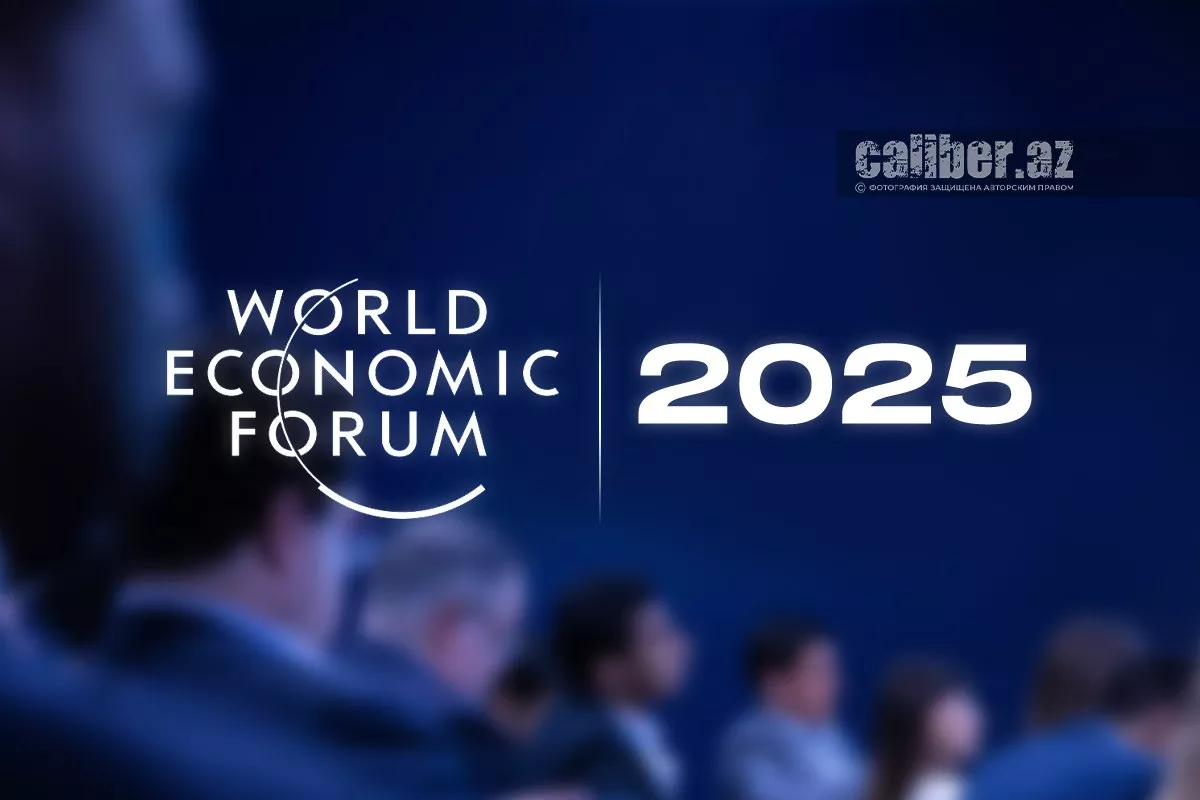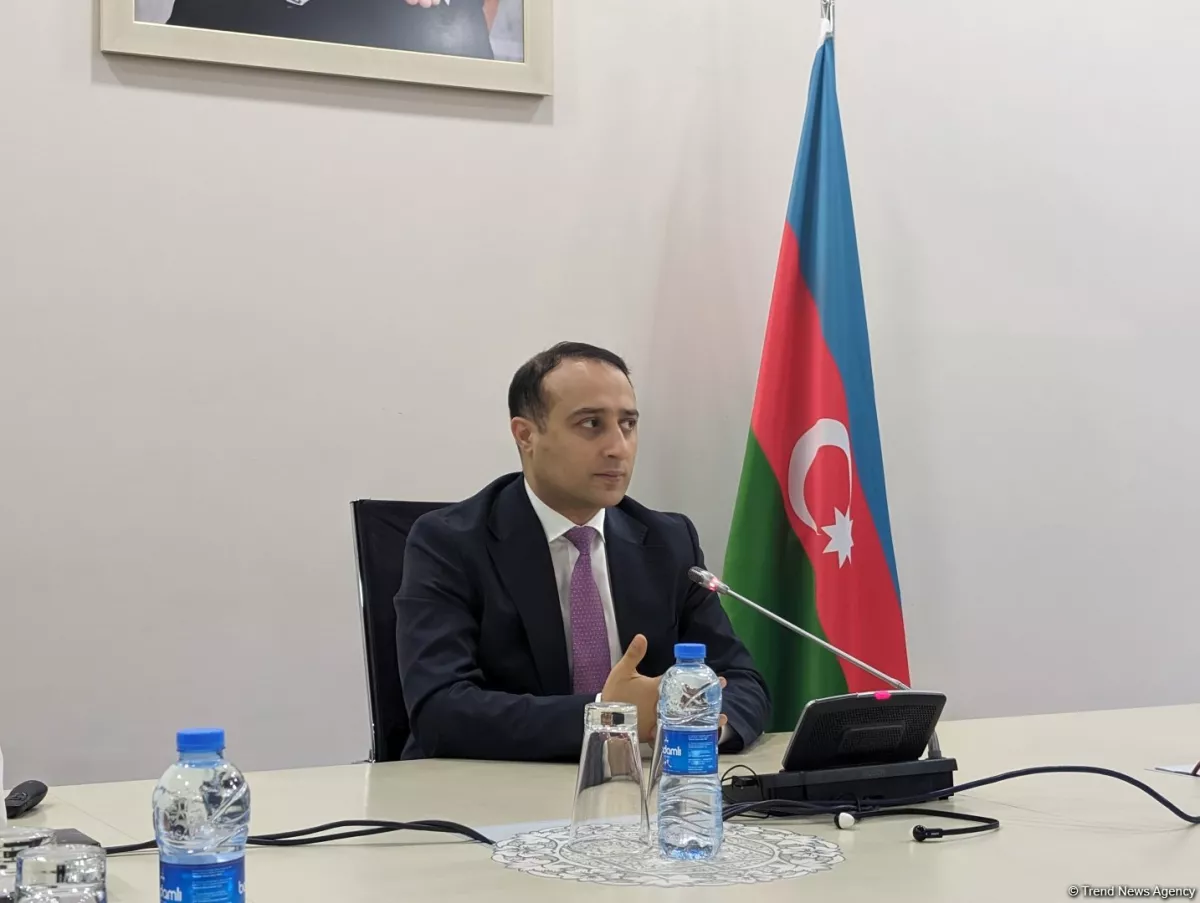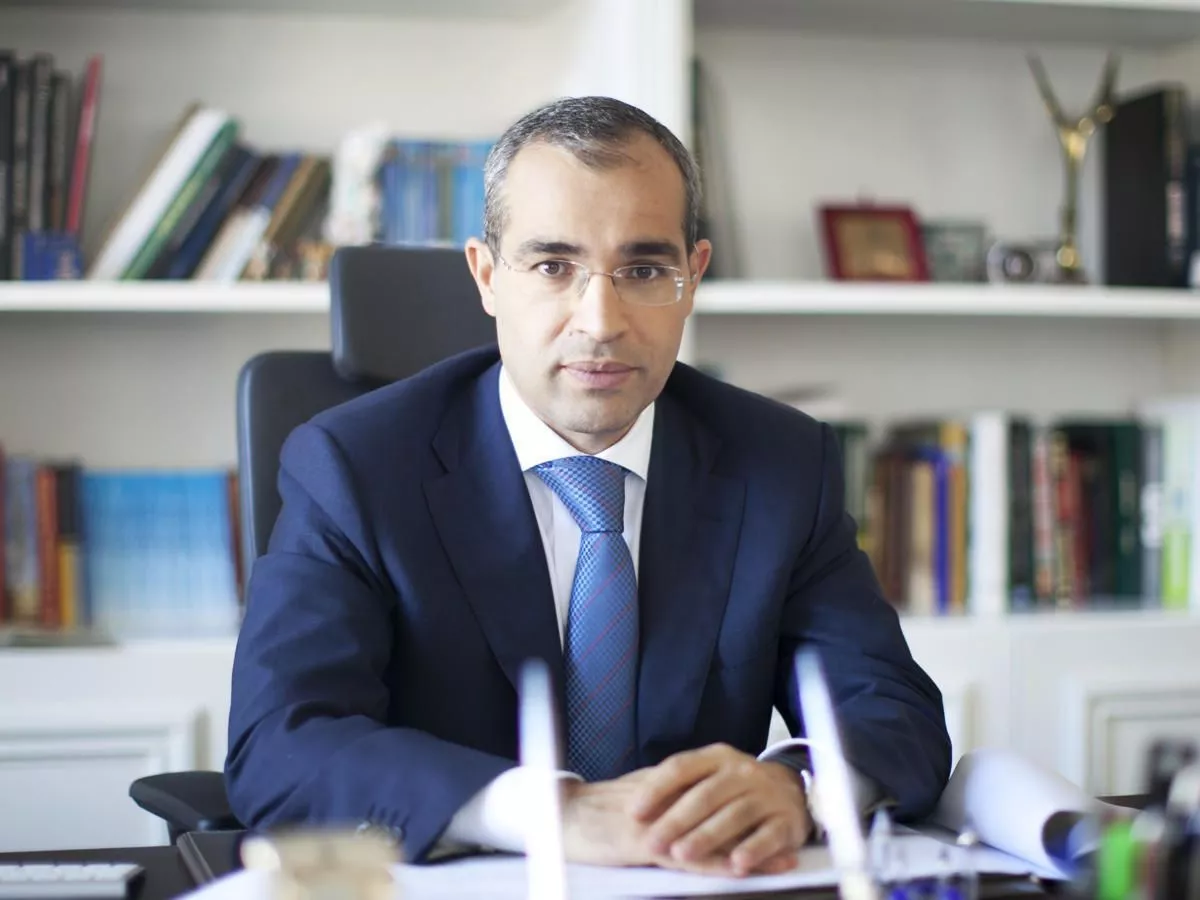World Economic Forum highlights Azerbaijan’s IT achievements Digitalization and innovation
In recent years, Azerbaijan has made significant strides in digitally transforming its economy, integrating key elements of the Fourth Industrial Revolution (Industry 4.0). These efforts, alongside the development of an e-government system, focus on digitalizing business processes and establishing an IT ecosystem that fosters startups and incubation centres. The use of artificial intelligence (AI) across various sectors—including manufacturing, energy, transportation, and utilities—along with the creation of Smart City solutions, are central to the country's strategy. Azerbaijan's commitment to digitalization is gaining international recognition. Notably, the 2023-2024 report by the Center for the Fourth Industrial Revolution Network, published on the World Economic Forum's website, highlights the country's progress and achievements.
In a rapidly changing world, where digital transformation is becoming a key driver of economic growth, Azerbaijan is making significant efforts to enhance its competitiveness and relevance in the global economy by creating attractive conditions for both local and international investments. This message is reflected in the recently published World Economic Forum (WEF) report, Impact Report: Centre for the Fourth Industrial Revolution Network 2023-2024. The primary goal of the WEF-established Centre for the Fourth Industrial Revolution Network is to accelerate the adoption of digital technologies and transform industries at national, subnational, and global levels through policy development, pilot projects, and partnerships.
The Centre’s research and reports rely on an extensive database, including surveys of over 14,000 participants and more than 300 partners. Its digital audience reaches 3.6 million people. The Centre has implemented over 70 initiatives and launched more than 15 pilot projects. Since 2017, country centres have been established in Japan, India, Malaysia, Kazakhstan, Saudi Arabia, South Korea, and several other nations that have joined the Fourth Industrial Revolution Network’s initiatives. Azerbaijan is among these countries, with the establishment of the Centre for the Analysis and Coordination of the Fourth Industrial Revolution (C4IR) in January 2021, supported by the WEF and operating under the Ministry of Economy.
In recent years, under the initiative of C4IR Azerbaijan specialists, significant progress has been made in advancing digital projects across the country. This includes preparations for the implementation of large AI language models, the development of a digital twin for the national economy, and ongoing projects related to artificial intelligence in the energy sector as well as sports. Complex areas such as Web3 and the metaverse are also being addressed, given their critical role in the digital economy of the future. The C4IR Centre actively supports initiatives in the fields of cryptocurrencies and blockchain, establishing a partnership with Binance, the leading global entity in this domain.
Another key task entrusted to the C4IR specialists is the preparation of a comprehensive Digital Economy Development Strategy for Azerbaijan. The strategy outlines 51 major initiatives, covering the modernization of network infrastructure and digitalization within the framework of Industry 4.0 in sectors such as tourism, transportation, logistics, industry, agriculture, and food security. It also includes areas like Big Data, AI, the Internet of Things (IoT), and digital marketing. The strategy anticipates the active implementation of public-private partnership mechanisms: approximately 34 projects will involve the private sector, while about a dozen initiatives are planned for the public sector.

The initiatives mentioned above, along with many others, are highlighted in the latest World Economic Forum (WEF) report. The document specifically mentions Azerbaijan's efforts in the field of artificial intelligence (AI), including the AI in Energy project. This initiative aims to explore the integration of AI into Azerbaijan's energy systems to enhance resilience and energy efficiency, particularly in urban settings. As part of the project, research, surveys, workshops, and pilot projects have been conducted, with a substantial data analysis undertaken to identify gaps and opportunities within the existing energy management system. The collected information will contribute to the development of targeted use cases for improving urban energy management through AI, not only in Azerbaijan but globally.
"In close collaboration with the World Economic Forum, we are working on the pilot project 'AI in Energy,' which aims to optimize energy consumption, enhance energy efficiency, reduce operational costs, and minimize environmental impact in Azerbaijan. Positive results from this project will enable us to share this experience with other countries," said Fariz Jafarov, Executive Director of the C4IR Centre.

The WEF report also highlights that, in the rapidly evolving global landscape, where digital transformation plays a crucial role in economic growth, Azerbaijan is striving to position itself as a competitive player by creating an attractive investment environment for both local and international stakeholders. In this context, the Digital FDI project is mentioned, which involved research with local and international businesses operating in Azerbaijan's digital economy. This has provided a comprehensive understanding of market dynamics, challenges, and opportunities within the sector.
WEF experts emphasize that the Digital FDI initiative is already making a significant impact, fostering a culture of innovation and entrepreneurship in Azerbaijan, and supporting the integration of local businesses into global digital transformation trends. Local companies and startups have received practical guidance on assessing their digital readiness and identifying areas for improvement, enabling them to attract investment and expand their operations.
Among other components, the Digital FDI project includes the creation of the InvesTech calculator—an instrument designed to simplify the investment decision-making process by offering a clear overview of the digital investment landscape. This tool is a key element of the project's strategy to attract foreign direct investment (FDI) by increasing transparency and streamlining the investment process.
Mikail Jabbarov, Azerbaijan’s Minister of Economy, whose words are quoted in the WEF report, noted that the IDEA: Investing in the Digital Economy of Azerbaijan initiative has been highly praised for Azerbaijan's achievements in creating a favourable environment for startups and innovation. The report, released in June 2024, emphasizes the importance of attracting foreign investments, stimulating the private sector, promoting digitalization, and implementing the necessary steps to ensure the country’s socio-economic development.

The positive assessments from the WEF regarding the prospects for Azerbaijan's non-oil economy, including sectors such as "green" and innovative technologies, are also echoed by experts from the International Monetary Fund (IMF). Azerbaijan has been a key player in the region in terms of attracting foreign direct investment (FDI) for several decades. According to the IMF’s country report from last year, Azerbaijan will continue its efforts to enhance investment attractiveness, which will, in turn, create greater opportunities for capital inflows.
Moreover, according to data from FDI Intelligence, part of the Financial Times group, Azerbaijan ranked 7th in the August report on the Top 10 Most Promising Countries for Investment. The key factors distinguishing the countries in the top 10 include economic stability, a favourable investment climate, flexible legislation, the ability to adapt to global trends, as well as the development of the alternative energy sector and the implementation of digital technologies.








